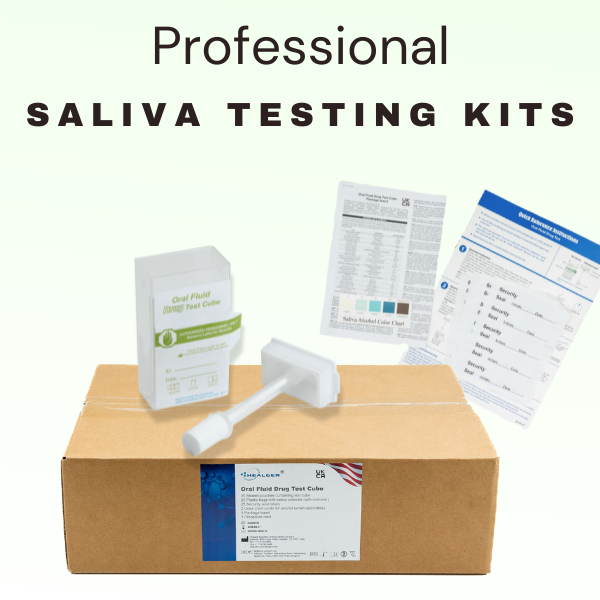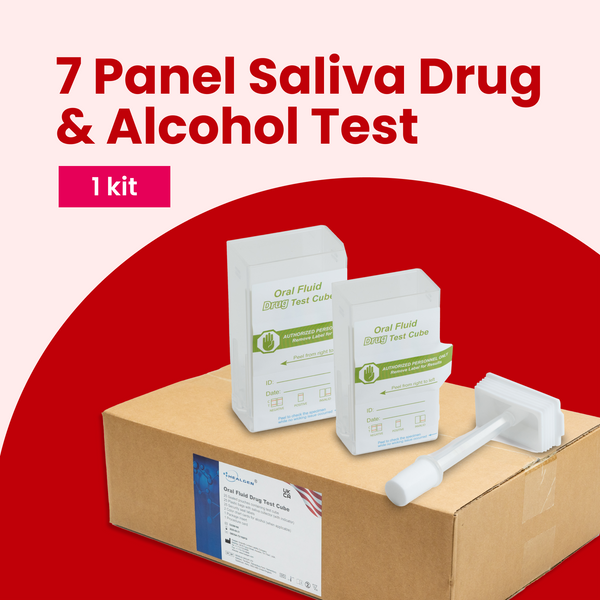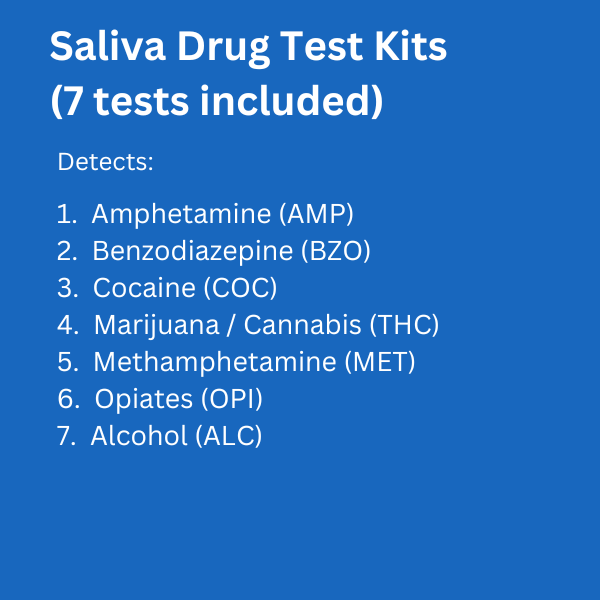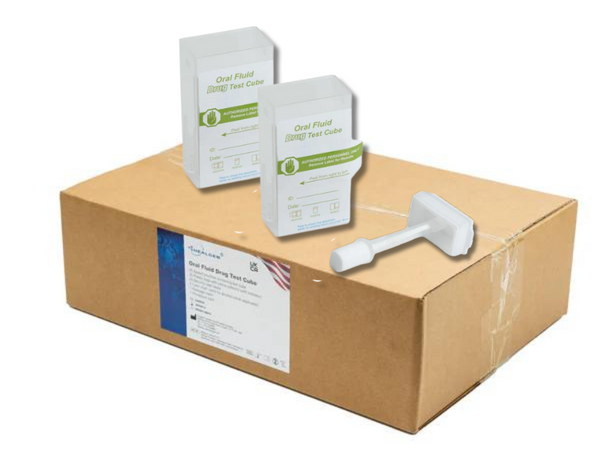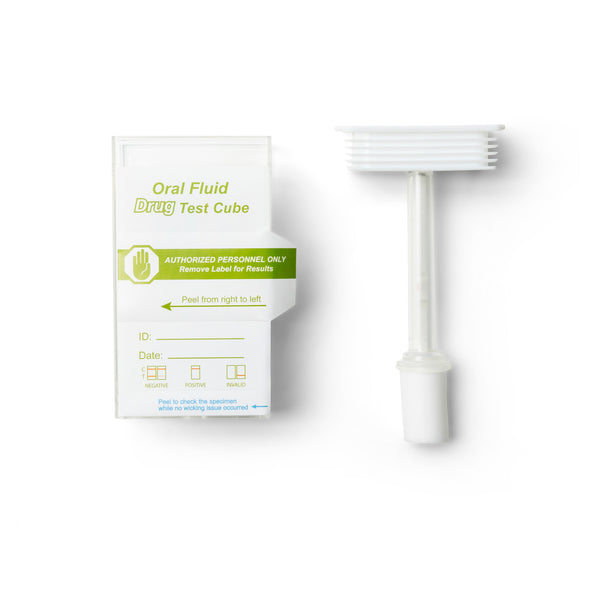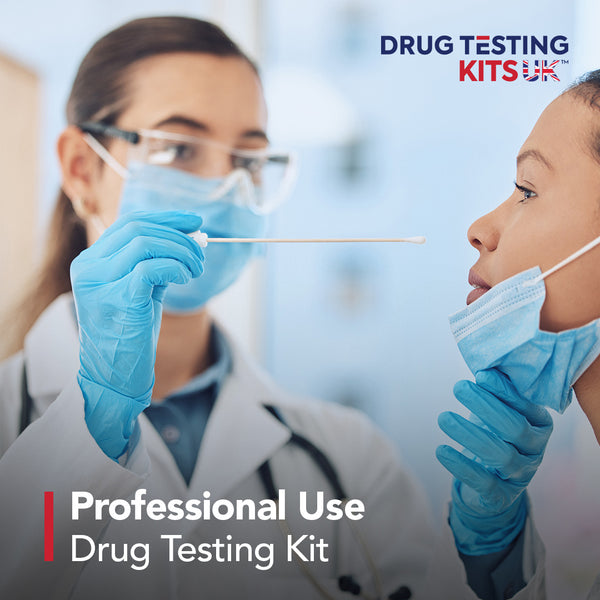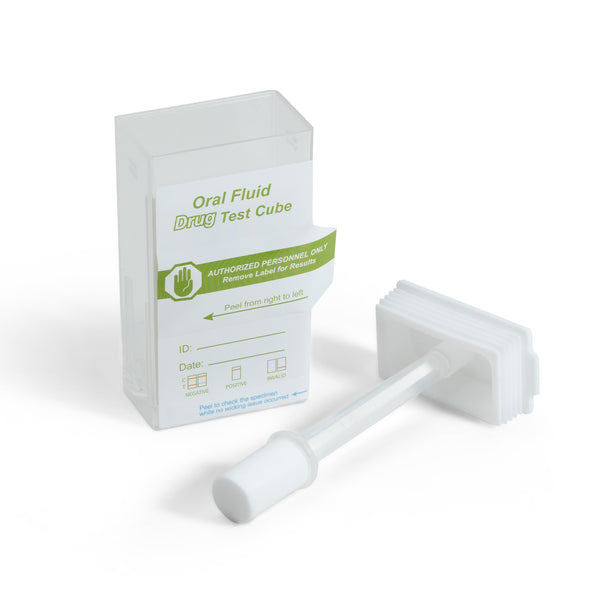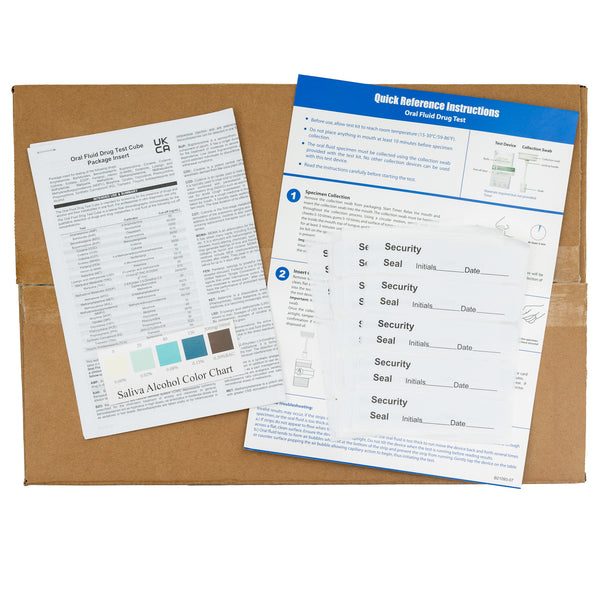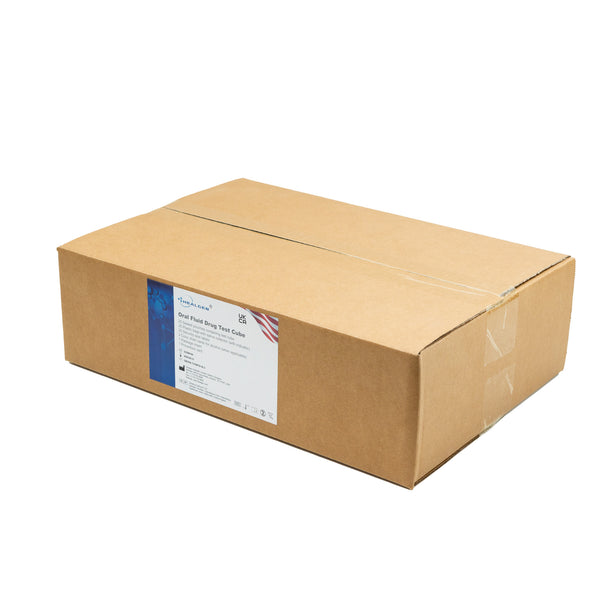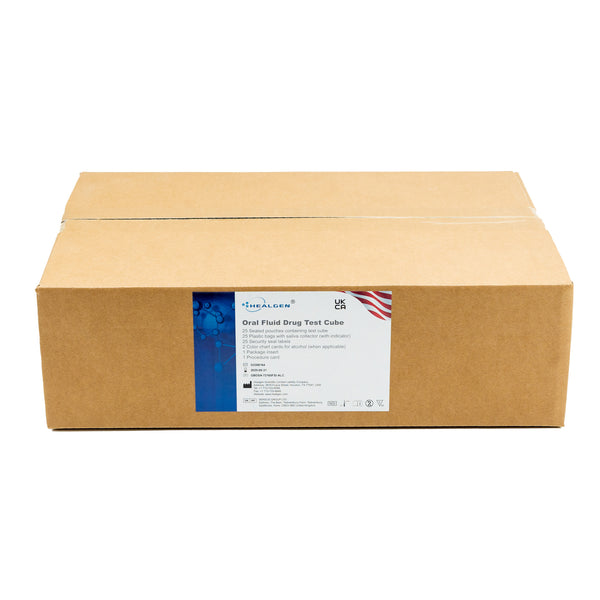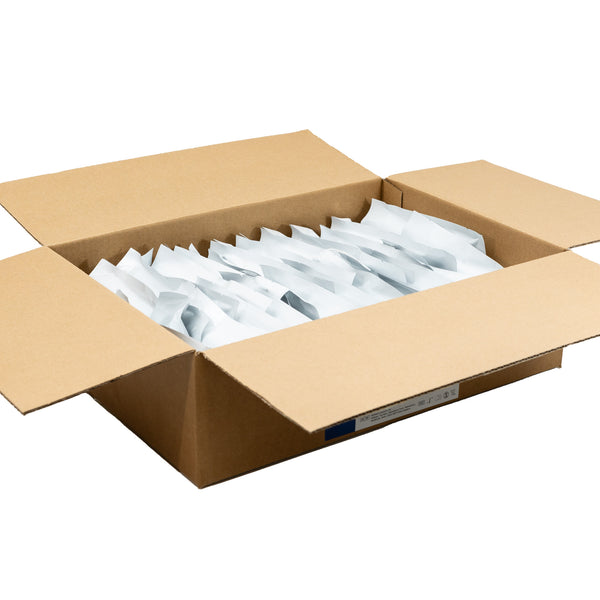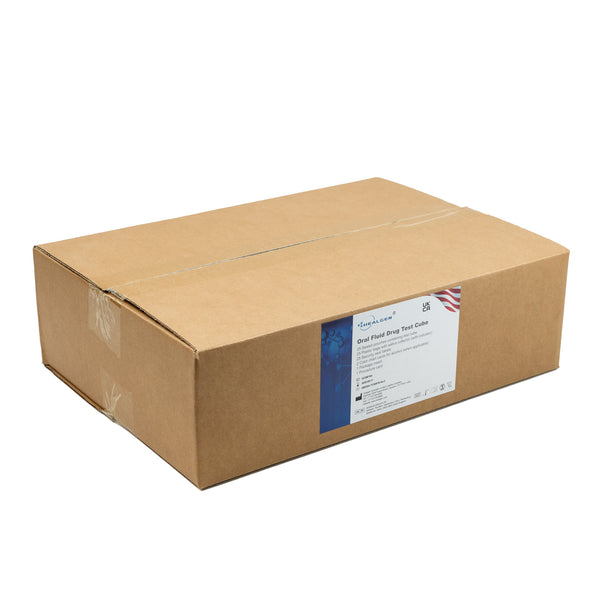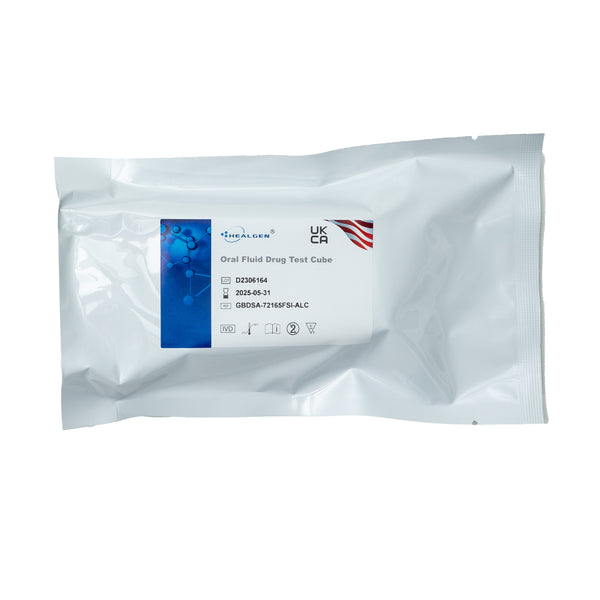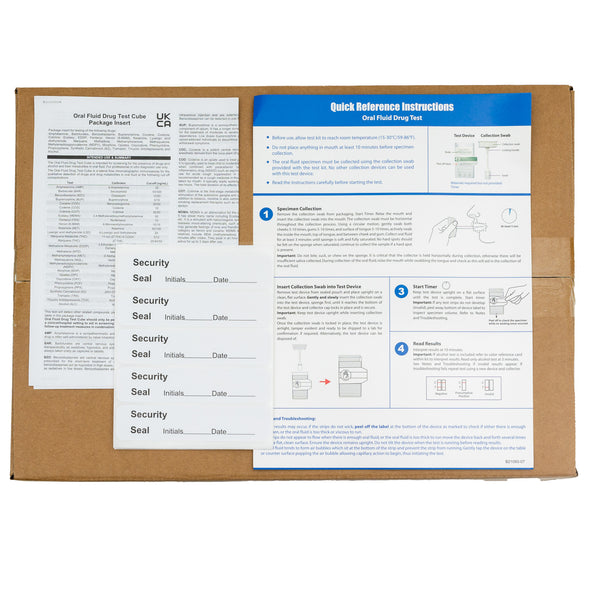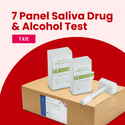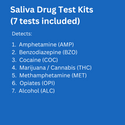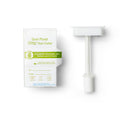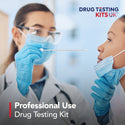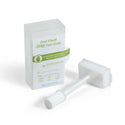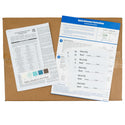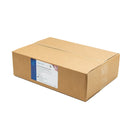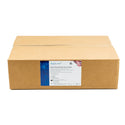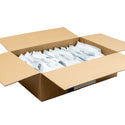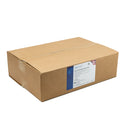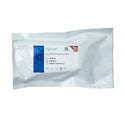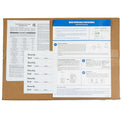Written and fact-checked by our team of experts with over 8 years of experience as drug test providers, we leverage our knowledge and industry best practices to provide you with clear, accurate, and reliable information on reading saliva drug test results.
Understanding your saliva drug test results can feel overwhelming. Whether it's for personal reasons or an employment screening, navigating the process can be confusing. This guide is here to help!

- C (Control Line): Think of this line as a thumbs-up for the test itself. If the C line appears red, the test is working correctly, and you can trust the results on the T line.
- T (Test Line): This line indicates the presence of drugs in your saliva sample. Think of it as the line that matters for the drug test itself.
In the next section, we'll explain what each combination of lines signifies so you can confidently understand your results.
How Do You Know If the Saliva Drug Test is Positive, Negative, or Invalid?
Have you just taken a saliva drug test and want to understand the lines on it? Let's break down their meaning so you can clearly understand your results.
Negative Result

If two lines appear - the control line (C) and the test line (T) - it signifies a negative result. This means no detectable drug(s) levels were found in your saliva.
Positive Result

If only one line appears - the control line (C) - and the test line (T) is absent, it indicates a positive result. This means the drug was detected in your saliva at a level exceeding the test's cut-off level (Note: Don't worry about specific cut-off levels; they vary by test).
Invalid Test

In some cases, the test might be invalid. This could happen if the control line doesn't appear or there's an uneven distribution of color on the strip. If this occurs, you'll likely need to retake the test as instructed by the administrator.
What Drugs Can a Saliva Test Detect?
This table overviews the most commonly detected drug categories and their corresponding examples.
What Drugs Can a Saliva Test Detect?
| Drug Category | Examples | Detectable By Saliva Test? |
|---|---|---|
| Stimulants | Amphetamines (methamphetamine, Adderall), Cocaine, Methylphenidate (Ritalin) | Yes |
| Opioids | Oxycodone (OxyContin), Hydrocodone (Vicodin), Heroin | Yes |
| Cannabis (THC) | Marijuana | Yes |
| Phencyclidine (PCP) | Hallucinogenic drug | Yes |
| Benzodiazepines | Xanax, Valium, Ativan | Yes (may vary depending on specific medication) |
| Alcohol | Recent consumption | Yes (limited detection, uncommon) |
How Long Can Drugs Be Detected in Saliva?
Are Saliva Drug Tests Accurate?
As highlighted in this study, saliva tests are 97.5% accurate for drug detection. Although, there are several factors that influence the test results. These are:
Here's a breakdown of some factors influencing their accuracy:
- Test Quality: Using high-quality, MHRA-approved saliva drug test kits is crucial for reliable results. Expired or faulty test strips can significantly reduce accuracy.
- Following Procedures: Proper collection techniques and following testing instructions are essential. Insufficient saliva or contamination from food or drink can compromise the test's accuracy.
- Cut-off Levels: Each drug has a specific cut-off level, and a positive result indicates the drug is present above this level. However, cut-off levels can vary depending on the test and may not always differentiate between recent use and passive exposure.
- Metabolism: Individual differences in metabolism can affect how quickly drugs are eliminated from the body. This can influence the detection window and potentially lead to a negative result even if the drug was recently used.
Reasons Why the Saliva Test Might Be Wrong
A positive drug test result when you haven't used drugs can be stressful. There are several reasons why a saliva drug test might produce a false positive:
- Medications: Certain prescription and over-the-counter medications can interfere with drug tests and lead to false positives. This is especially common with medications containing ingredients structurally similar to illegal drugs. Examples include:
- Some antibiotics: Quinolone antibiotics like Ciprofloxacin (Cipro) have been linked to false positives for opiates.
- ADHD Medications: Methylphenidate (Ritalin) can sometimes trigger a false positive for amphetamines.
- Antidepressants: Certain antidepressants like Bupropion (Wellbutrin) might cause a false positive for amphetamines or methamphetamines.
- Passive Exposure: Inhaling secondhand smoke from marijuana or being near someone using other drugs can lead to trace amounts entering your system and potentially causing a false positive.
- Contaminated Products: In rare instances, poppy seeds or products containing them (baked goods, energy bars) might trigger a false positive for opiates. Mouthwash containing alcohol can also lead to a false positive for alcohol use.
- Improper Test Administration: Failure to follow proper collection procedures or errors during testing can sometimes invalidate the results or lead to a false positive.
- Test Kit Issues: Manufacturing defects or expired test kits can malfunction and generate inaccurate results.
If you believe your saliva drug test result might be wrong, request a retest or consult with a healthcare professional to discuss your concerns and explore potential explanations. This shows your right to a retest and highlights the role of a healthcare professional in clarifying the situation.
How Long Can Drugs Be Detected in Saliva?
Unlike urine or hair tests, saliva drug tests have a shorter detection window. This table summarizes the estimated detection times for some commonly tested drugs:
| Drug | Detection Window (Estimated) |
|---|---|
| Marijuana (THC) | 12 - 48 hours |
| Cocaine | 1 - 2 Days |
| Amphetamines (Meth) | 2 - 4 Days |
| Opiates (Oxycodone) | 1 - 3 Days |
| PCP | 1 - 2 Days |
| Benzodiazepines (Xanax) |
1 - 2 Days |
| Alcohol | Up to 24 hours (limited use) |
The detection times listed here are approximations based on industry standards and can vary depending on individual factors. These numbers are a general guideline and should not be taken as exact.
What Factors Impact How Long a Drug Remains Detectable?
Several factors can impact how long a drug remains detectable in your saliva. Here's a breakdown of the key influences:

- Frequency and Amount of Use: This is a significant factor. Regular and heavy drug use leads to a higher concentration of the drug in your system and, consequently, a longer detection window in saliva. Conversely, infrequent or one-time use might result in a shorter detection period.
- Metabolism: Your individual body's metabolism plays a crucial role. People with a faster metabolism process can eliminate drugs from their system quickly. This means the detection window for drugs in saliva might be shorter for individuals with a faster metabolism.
- Hydration: Being well-hydrated can slightly decrease the detection window. Drinking plenty of fluids reduces the concentration of drugs present in your saliva. However, this effect is typically modest and shouldn't be relied upon to change the drug test's outcome significantly.
- Other Factors: Additional factors might influence the detection window somewhat. These include:
- Body Mass Index (BMI): People with a higher BMI might have a slightly longer detection window due to increased fat storage, where some drugs can be deposited.
- Exercise: Hard exercise can temporarily increase saliva production, potentially leading to a lower drug concentration and a shorter detection window (though the effect is likely minimal).
- Acidity Level of Saliva: Studies suggest the pH level of saliva might play a minor role, with a more acidic environment potentially impacting detection times for certain drugs.
What Legal Implications Do You Need to Know if Your Result is Positive?
A positive saliva drug test result can be a stressful experience, raising questions about potential consequences. The legal implications of such a result can vary depending on the context. This section explores how a positive saliva drug test might impact you in different situations and important considerations for protecting your rights.
- Employment: Most private employers can establish their drug-free workplace policies. Testing positive for drugs that violate your employer's policy could lead to disciplinary action, including termination.
- Probation or Parole: A positive saliva test might violate your terms if you're on probation or parole and subject to drug testing. The consequences can vary depending on the court order and your state's laws.
- Legal Proceedings: A positive saliva drug test might be used as evidence in some legal situations. However, saliva tests might not always be admissible in court, and confirmatory blood or urine testing might be required.
Important Considerations:
- Legal Rights: Even with a positive saliva test, you might have legal rights depending on your situation. Consulting with an attorney familiar with employment law or criminal defense (if applicable) can be crucial.
- Retesting Procedures: Many testing facilities allow for a retest, especially if the initial result is positive. This can be helpful if you believe the initial test might be inaccurate.
- Disclosure and Transparency: The laws regarding disclosure of positive test results can vary. It's generally advisable to seek legal advice before disclosing a positive test result, especially if it could impact your employment or legal standing.



 03333 704 704
03333 704 704


